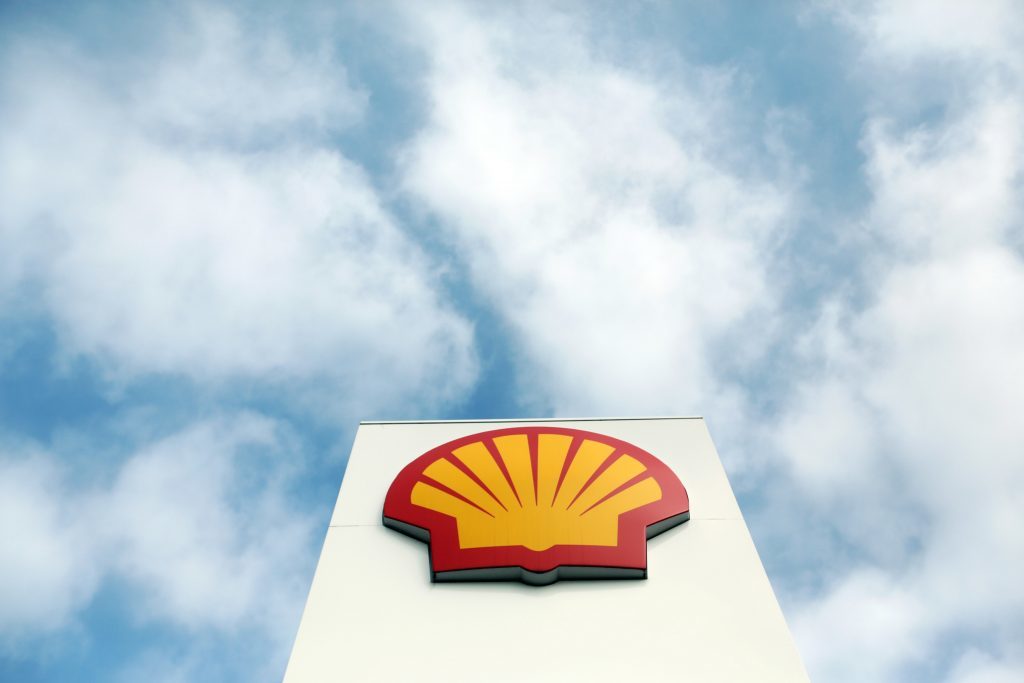
Shale oil hasn’t always been Royal Dutch Shell Plc’s best friend, but they’re working on the relationship.
Shell is said to have bid, with partner Blackstone Group LP, on a portfolio of U.S. shale assets BHP Billiton Ltd. wants to sell for about $10 billion. If it wins, the Anglo-Dutch oil major could exceed its goal of doubling its American onshore output, according to JPMorgan Chase & Co.
That would boost the unit’s free cash flow — currently on track to grow by $2 billion by 2025 — and turn around a shale portfolio that is currently “mid-lower ranked,” analysts from the bank including Christyan Malek said in a report.
At the heart of Shell’s shale problem has been the lack of a coherent strategy, according to the report. It has irregularly acquired various bits of U.S. acreage, including a large stake in the low-cost and highly desirable Permian.
In the Permian’s Delaware basin Shell was pumping fewer than 100,000 barrels a day per 1,000 feet (300 meters) of well length in the first 30 days of production — about 20 percent lower than the industry average at the time. In contrast, shale specialist EOG Resources Inc.’s wells in the same area were about 50 percent more productive.
Shell declined to comment.
The company, with partner Anadarko Petroleum Corp., has started improving productivity by drilling longer wells and implementing a technology program called iShale, which has reduced costs by 60 percent since 2015. BHP’s Permian portfolio, which overlaps Shell’s current acreage, could solidify those gains and allow it to take advantage of existing infrastructure, said Malek.
JPMorgan estimates Shell’s overall shale production would rise to 630,000 barrels of oil equivalent a day by 2020 if it acquires the BHP assets, from 270,000 now. It could emerge into an “upper-quartile” operator in the area, the bank said.
Recommended for you
